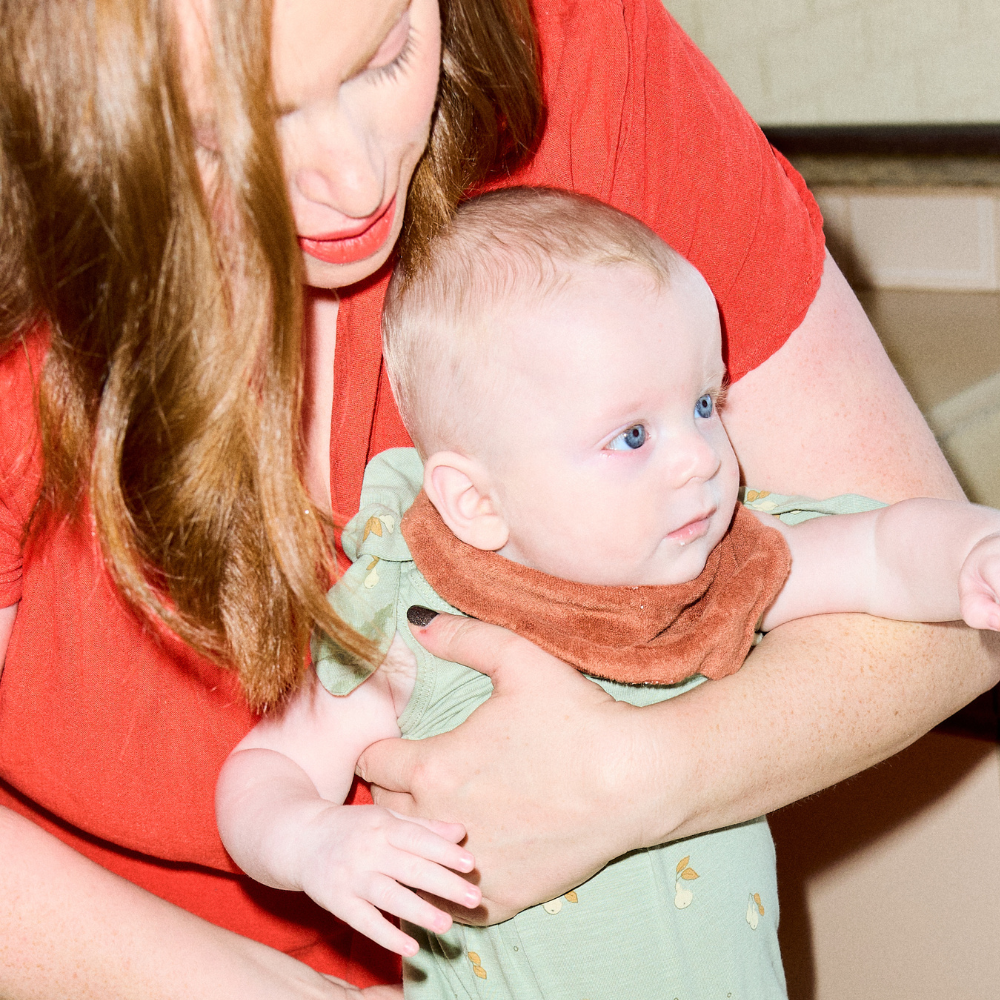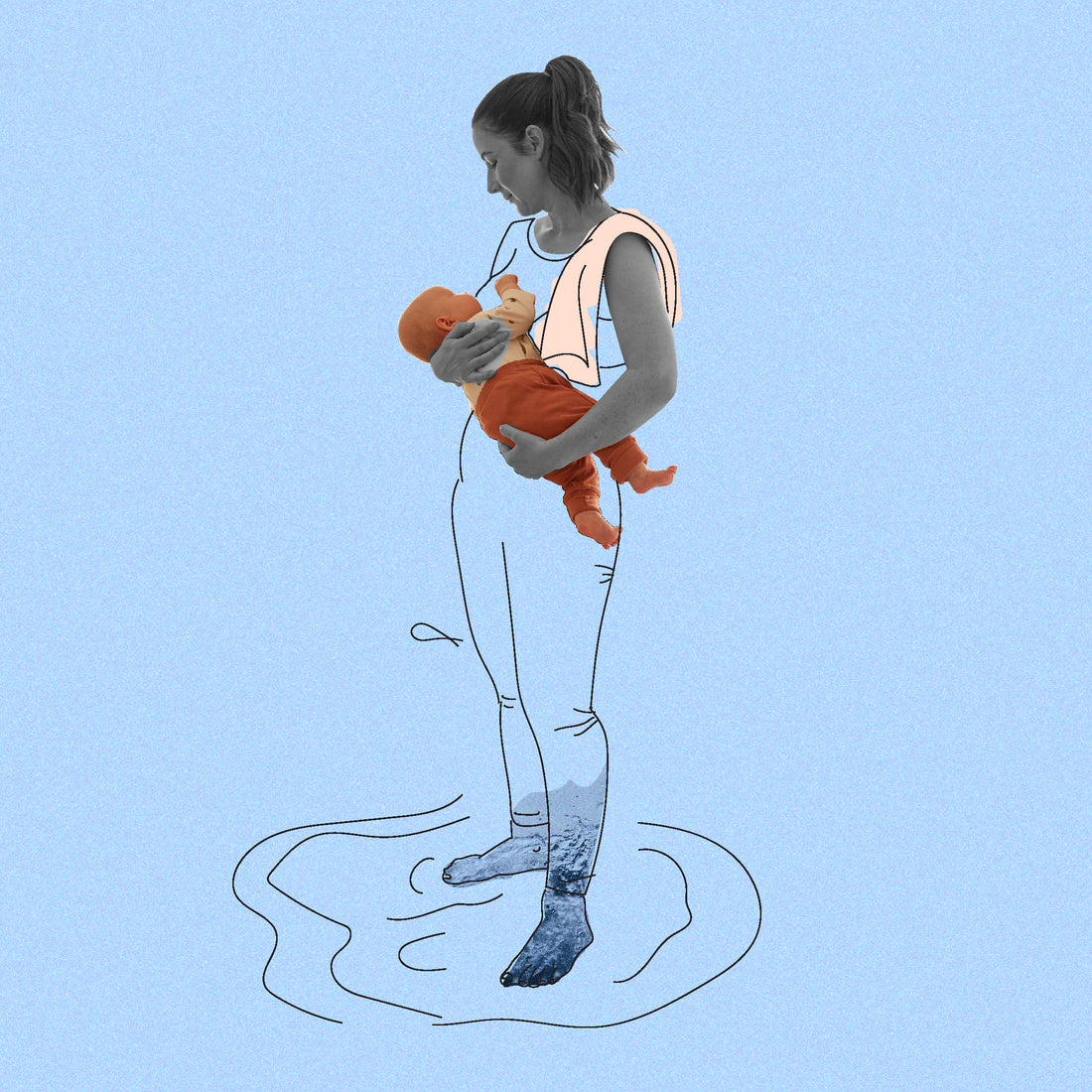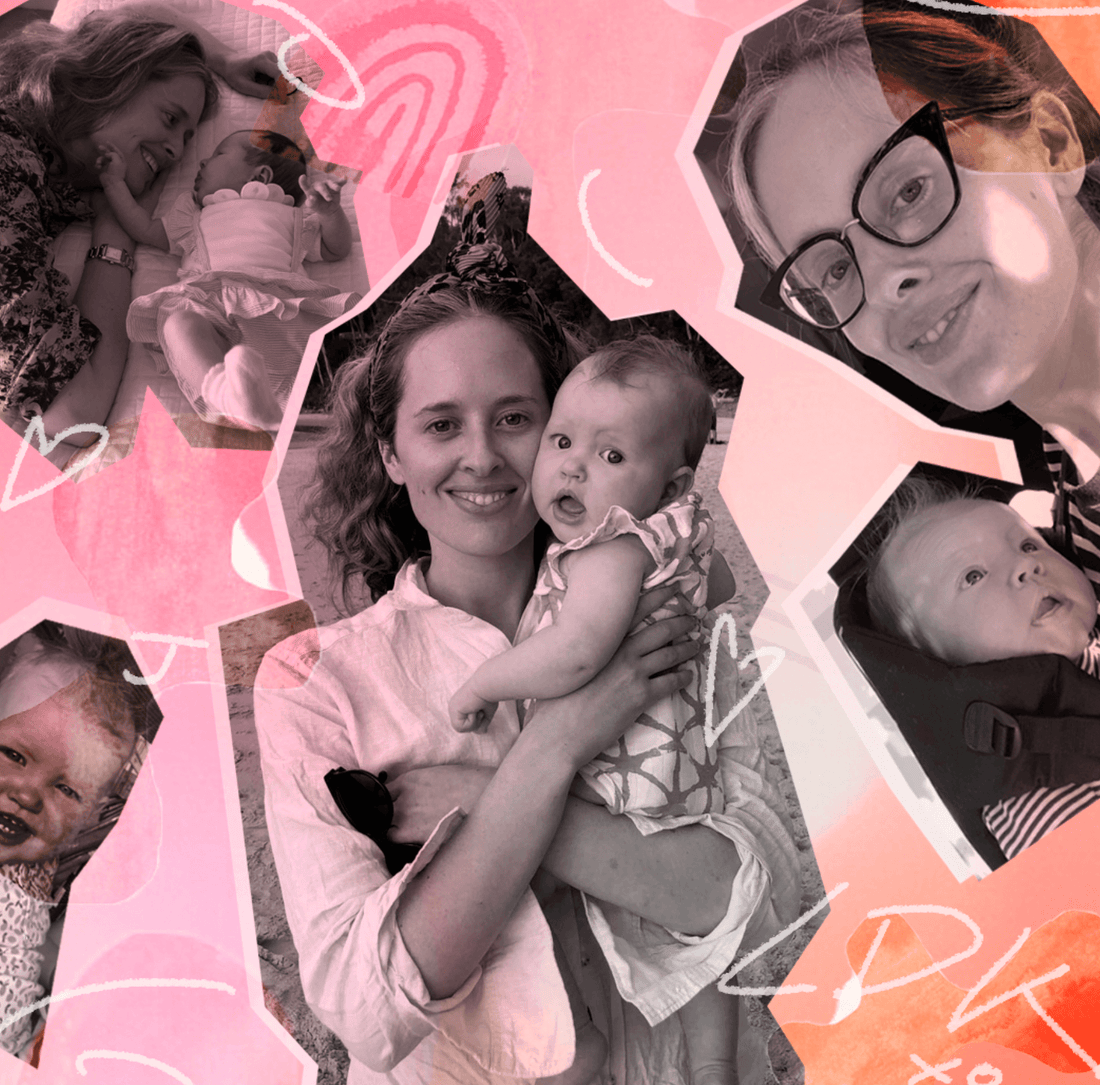We’re all in this together.
Motherhood is a great deal many things, but easy is not one of them. Aside from the sleeplessness and physical toll it has on your body, there’s all the emotional stuff too: the way it has a unique knack for bringing all your baggage to the surface; the complete identity upheaval and the way it makes you acutely aware of all the societal pressures, imbalances, and inequity. It’s… a lot. This is where Yara Heary steps in. Yara is a registered psychologist with a special interest in perinatal mental health. Through her practice, Life After Birth Psychology she sees mothers in every stage of motherhood, and helps them both heal and reclaim joy in their parenting experience. Here she shares the common themes she hears from women in her practice.
The “perfect-mum” myth
Straight up: there is no such thing as the perfect mum. But, while we know that intellectually, in reality we all fall into the trap of trying to achieve super-mum status. It’s partly social media, it’s partly societal pressure, it’s partly millennial culture — either way the need to achieve that perfect mum-life is ever-present. And Yara says this is the number one thing that is brought up with her clients — the belief and ideology of what a perfect mother is. “So much of that ideal is underwritten by martyrdom and self-sacrifice and mothers are burnt out with that belief system,” Yara says. She continues,“It is such a problematic belief system and standard that’s perpetuated in so many ways in our culture.” What all this chasing of an impossible standard leads to is a culture of depletion and burnout, and the knock on effects are equally as damaging, because it affects how we show up as mothers, as partners and for ourselves.
“So much of that [perfect mum] ideal is underwritten by martyrdom and self-sacrifice and mothers are burnt out with that belief system.”
Lack of community and support
Once upon a time we all lived in communities, and intergenerational living was the norm — the village was literally in your house, and next door. But modern mothering is a different story with many of us living away from our support networks and entering motherhood with a “go-it-alone” mentality. “There’s a lot of nervous system dysregulation in modern mothering and that feeds from the fact that there’s such a deep lack of community and support, such a deep lack of feeling seen and understood for mothers,” says Yara. Of course, what this means in reality is that we are then adding more to our own load to try and make up for that lack of support says Yara. She also adds that living in this current society exacerbates the problem because perfectionism and productivity are so highly regarded. “This is problematic for mothers as motherhood is a time for slowing down, it’s messy, it’s not perfect — that’s the reality of it — but the messaging we’re receiving is opposite to that and that contributes to the dysregulation.”
“There’s a lot of nervous system dysregulation in modern mothering and that feeds from the fact that there’s such a deep lack of community and support, such a deep lack of feeling seen and understood for mothers”
“This is problematic for mothers as motherhood is a time for slowing down, it’s messy, it’s not perfect — that’s the reality of it — but the messaging we’re receiving is opposite to that and that contributes to the dysregulation.”
Carrying childhood trauma into motherhood
The third theme really hits home, because it relates to all the things you experience in your own childhood, some you may be aware of, others not, and how becoming a mother purges these back into existence. One of the toughest parts of motherhood is the constant mirror it holds up to yourself, and reparenting and healing yourself while parenting a child is tough work. This can stem from not feeling secure in your own childhood and that trauma and attachment styles can affect the relationship you have to your child. “When their child is developing and displaying normal child behaviours it can really push boundaries if we didn’t receive what we needed emotionally growing up, and it makes it very difficult for mothers, really all parents, to be with that.”
“When their child is developing and displaying normal child behaviours it can really push boundaries if we didn’t receive what we needed emotionally growing up, and it makes it very difficult for mothers, really all parents, to be with that.”
If you’re starting to feel like you tick all those boxes, you’re not alone. Not only do these themes make up the bulk of the content in her signature program, Yara says she has absolutely experienced all these things herself, which is precisely why she is on her own journey and “doing the work”. “I’m so passionate about helping other women traverse through that and heal some of those wounds that they have from their own childhood.”
You can learn more about Yara’s courses and connect with her here.























